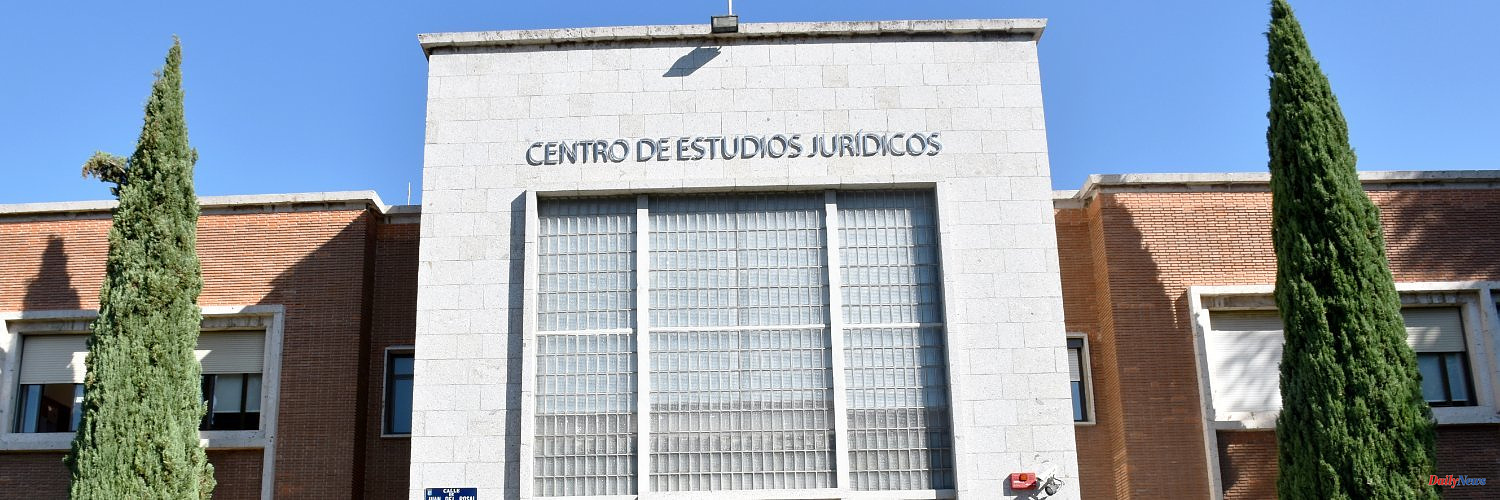The National Court (AN) has ratified the eviction order against an orderly from the Center for Legal Studies (CEJ) who has lived for 37 years in the basement of the building, located in Madrid, considering that he has done so for "mere tolerance " of the successive directors but without having the right to it for "reason of their work".
The Contentious-Administrative Chamber dismisses the ordinance's appeal, thus confirming the administrative eviction agreed on March 25 by the CEJ itself, which was already endorsed by the Central Contentious-Administrative Court Number 7, as stated in a resolution of last April advanced by eldiario.es and to which Europa Press has had access.
According to the account of proven facts echoed by the National Court, the orderly has spent 37 years living "in an area of approximately 50 m2 in the basement of the headquarters of the autonomous body." The Center for Legal Studies is an autonomous body but attached to the Ministry of Justice. As detailed on its website, it has separate legal personality, its own assets and treasury, as well as management autonomy and full legal capacity.
The CEJ itself acknowledged that "in this case there has been an enabling title" because, although there is "no official document" nor was it included in their contract as labor personnel, "it is evident" that until the procedure has been launched of eviction if there has been "a 'verbal' authorization, tolerance or consent by the body that has allowed or authorized the interested party to occupy said space".
For this reason, the CEJ itself explained that it followed a specific procedure that consisted, first, of revoking his permission to live in the basement and, later, of informing him that he had to leave the place in eight business days after which an "execution" would take place. mandatory" of the administrative decision.
The man appealed, alleging that he lived there "because of his job position", specifying that "the CEJ had two houses available to the janitors" and that "it is public and notorious" -- even "tradition in many official organizations "-- that "the doormen were entrusted with functions of surveillance, control and maintenance of the CEJ, particularly at night and on weekends, when there is no activity in the building, for which they had housing" in it.
"Although it is difficult to believe that a house in an official body can be occupied for 37 years, without authorization, without title, in precarious condition, due to the mere 'graceful' tolerance of the different directors who have passed through the Judicial School and Center for Studies Legal, the truth is that the appellant has occupied said house since he entered the center, and has occupied it --without a solution of continuity-- until today," he stated.
However, the CEJ countered that the ordinance's functions were never maintenance and surveillance, but rather "management and common services assistant", "that is, transfer of documents between administrative units and support to the organization in supplying classrooms with training activities (water, etc)". To this, the CEJ added that other labor personnel have carried out and are currently carrying out the "same functions" as this ordinance without ever having enjoyed housing in the building.
However, the National Court agrees with the CEJ, understanding that "it has amply stated and made the appellant aware of the will to recover part of a property that is in the public domain following the procedure established" by law.
According to the criteria of The Trust Project












